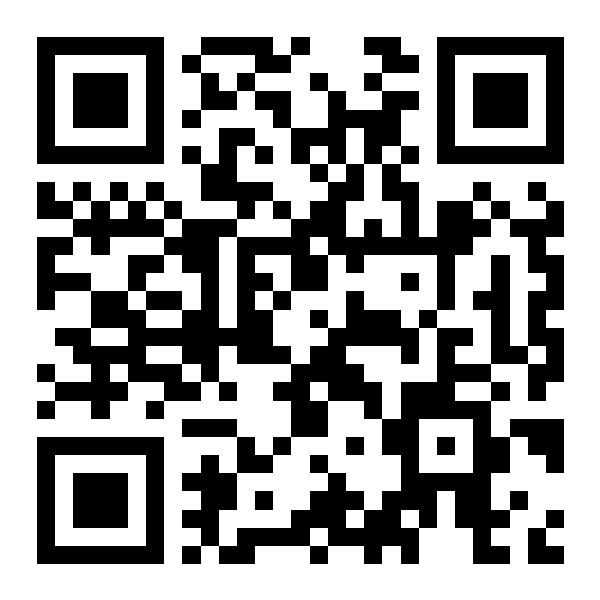

SEquences and Their Applications (SETA) 2026
September 19-23, 2026, Wuhan, China
Call for Papers
Sequences play important roles in numerous critical domains, encompassing areas such as spread spectrum communication systems, global positioning systems, ranging systems, circuit testing, software testing, channel estimation, cryptographic schemes, and beyond.
SEquences and Their Applications (SETA) is an internationally leading conference, aiming to foster fruitful interactions among sequences, signals, and waveforms designers, mathematicians, coding theorists, cryptographic researchers, and communications practitioners from all over the world. This esteemed conference has been hosted in a variety of international locales: SETA-1998 (Singapore), SETA-2001 (Bergen Norway), SETA-2004 (Seoul, South Korea), SETA-2006 (Beijing China), SETA-2008 (Lexington USA), SETA-2010 (Paris France), SETA-2012 (Waterloo Canada), SETA-2014 (Melbourne, Australia), SETA-2016 (Chengdu, China), SETA-2018 (HongKong China), SETA-2020 online (Bergen Norway), SETA-2024 (Colchester, UK).
Important Dates
- Deadline for submission: 23:59 (UTC-11), May 25th, 2026
- Open for registration: June 1st, 2026
- Acceptance notification: June 30th, 2026
- Final submission: July 30th, 2026
- Submission of full Papers: December 10th, 2026
Submission of Full Papers
- All speakers at SETA-2026 are invited to submit a full version to a special issue at the Springer journal Cryptography and Communications
- Submission: August 1th - December 10th, 2026
- Submission Guideline: when you submit your work to CCDS, you should choose "Collection: Sequences and Their Applications 2026".
Conference Theme
The topics of the 13th international conference on SEquences and Their Applications (SETA-2026) include but are not limited to:
Sequences in Discrete Structures
- Sequences over finite fields/rings
- Shift register sequences
- Boolean functions and their cryptographic criteria
- Zero/Low-correlation sequences
- Low PAPR sequences
- Complementary sequences
- Combinatorial aspects of sequences
- Number-theoretic aspects of sequences
- Multidimensional sequences and arrays, Costas array
Sequences for Cryptography and Coding
- Stream ciphers
- Complexity measures of sequences
- Randomness properties of sequences
- Design and decoding of error-correction codes
- Quantum coding theory
Sequences and Waveforms Design for Communication and Radar
- Frequency Hopping Sequences
- Spectrum Spreading Sequences
- Non-orthogonal Multiple Access, e.g., code-domain NOMA
- Cognitive radio/radar
- Channel estimation
- Synchronization
- Signal Detection Theory
- Signal Processing
- MIMO communication/ radar
Next-generation Sequences Design
- Deep learning-aided design of waveforms, codebooks, and channel codes
- Adaptive learning for channel estimation and signal detection
- Integrated sensing and communication
- Massive machine-type communication
Sponsors
